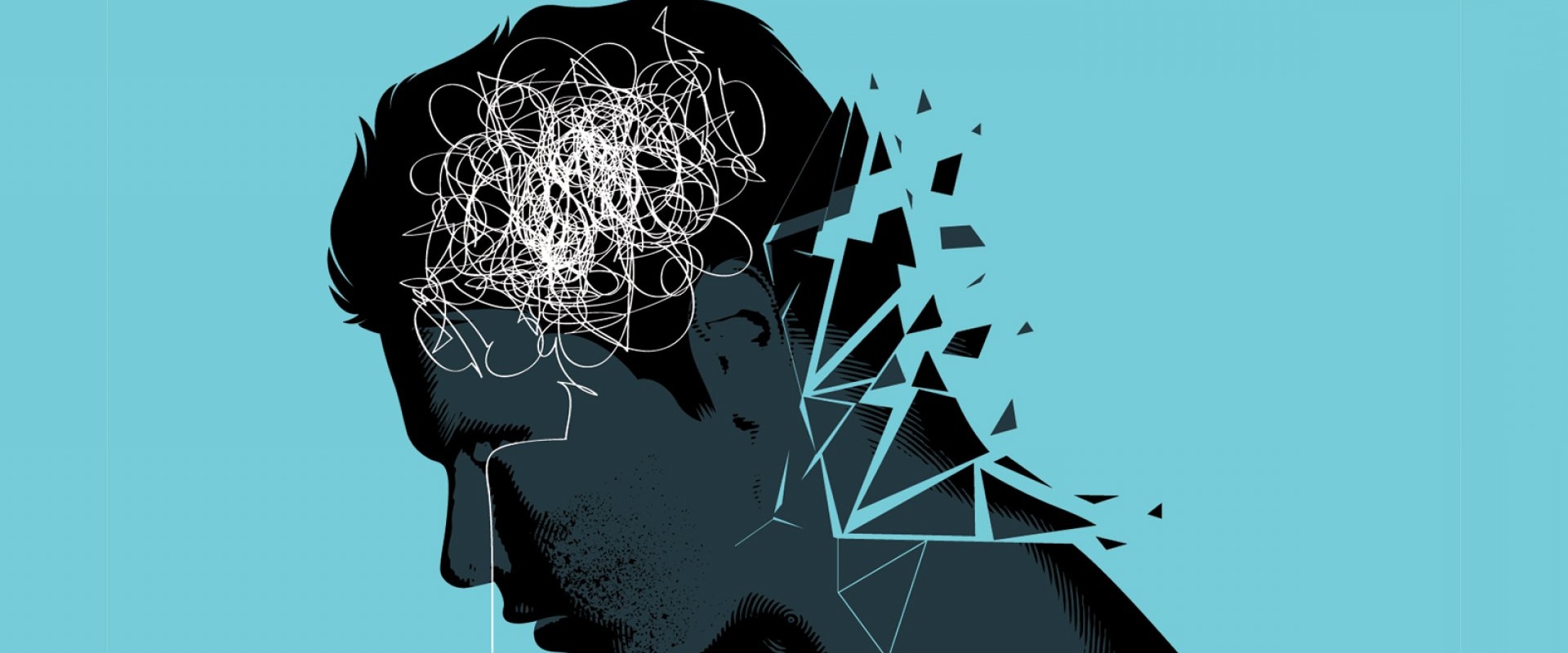Mental health is an important part of overall health and wellbeing. Mental health problems can range from mild to severe, and can affect people of all ages, genders, and backgrounds. Mental illnesses can include anxiety disorders, bipolar affective disorder, depression, eating disorders, obsessive-compulsive disorder, paranoia, and more. It is important to understand the different types of mental illnesses and their benefits in order to provide the best care for those affected.
Types of Mental Illnesses
Anxiety disorders are a type of mental illness that involve excessive fear or worry.Symptoms can include difficulty sleeping, restlessness, difficulty concentrating, and physical symptoms such as sweating or trembling. Bipolar affective disorder is a type of mental illness that involves extreme mood swings between depression and mania. Symptoms can include changes in energy levels, sleep patterns, and behavior. Depression is a type of mental illness that involves persistent feelings of sadness or loss of interest in activities that were once enjoyable.
Symptoms can include changes in appetite or weight, difficulty sleeping or sleeping too much, fatigue, and feelings of worthlessness or guilt. Eating disorders are a type of mental illness that involve an unhealthy relationship with food. Symptoms can include extreme dieting or overeating, preoccupation with food or body image, and changes in weight. Obsessive-compulsive disorder is a type of mental illness that involves intrusive thoughts or behaviors that are difficult to control. Symptoms can include repetitive behaviors such as hand washing or checking things multiple times, as well as intrusive thoughts such as fear of contamination or fear of harm. Paranoia is a type of mental illness that involves irrational beliefs or suspicions about other people or situations.
Symptoms can include distrust of others, feeling like people are out to get you, and feeling like you are being watched or followed.
Mental Health Benefits
Mental health care is an important part of overall health and wellbeing. Mental health counseling can help people manage their mental illnesses and improve their quality of life. Mental health counselors are trained professionals who specialize in helping people with mental illnesses. They can provide support and guidance to help people cope with their symptoms and manage their mental health. The American Psychiatric Association (APA) is the leading professional organization for psychiatrists in the United States.The APA provides guidelines for diagnosis and treatment of mental illnesses. Doctors who specialize in psychiatry use these guidelines to diagnose and treat patients with mental illnesses. The Depression and Bipolar Support Alliance (DBSA) is a national organization that provides support for people with depression and bipolar disorder. The DBSA offers support groups, educational resources, and other services to help people manage their mental illnesses.
Globalization
Mental health care is becoming increasingly important as globalization continues to expand. Mental health issues are becoming more common around the world due to increased stress levels caused by globalization.As more countries become interconnected through trade and technology, it is important to understand the different types of mental illnesses and their benefits in order to provide the best care for those affected.
Conclusion
Mental health is an important part of overall health and wellbeing. Mental illnesses can range from mild to severe, and can affect people of all ages, genders, and backgrounds. It is important to understand the different types of mental illnesses and their benefits in order to provide the best care for those affected. The American Psychiatric Association (APA) provides guidelines for diagnosis and treatment of mental illnesses, while the Depression and Bipolar Support Alliance (DBSA) offers support groups and other services to help people manage their mental illnesses.As globalization continues to expand, it is important to understand the different types of mental illnesses and their benefits in order to provide the best care for those affected.







